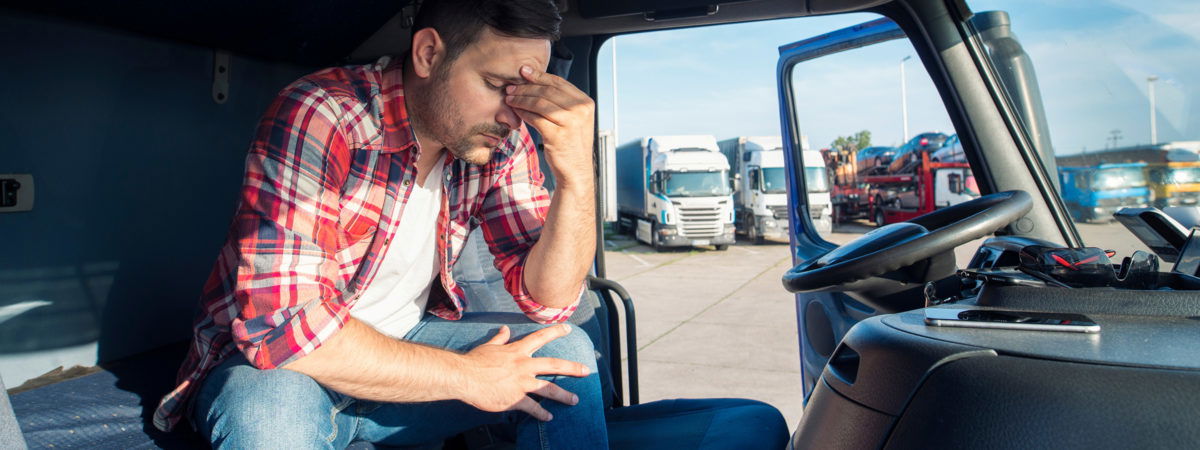Ignition Interlock: A Simple Step Toward Preventing PA Drunk Driving Fatalities
April 25th, 2024

By Dean I Weitzman, Esq.
SHARE:
An ignition interlock device prevents drivers from operating motor vehicles while under the influence of alcohol. A driver must blow into the device; if no alcohol is detected or an alcohol content is below the programmed acceptable rate, the driver will then be able to start his or her vehicle.
The National Transportation Safety Board (NTSB) recently recommended that all states require ignition interlock devices for first time drunk driving offenders. AAA threw the great weight of its support behind the NTSB recommendation. Both the NTSB and AAA believe that the change, if implemented will save lives each year by preventing alcohol-related crashes.
Ignition Interlock Devices May Save Lives Of Innocent Drunk Driving Crash Victims
On December 11, the NTSB recommended that anyone convicted of drunk driving should be required to have an ignition interlock device installed on his or her vehicle, including a first-time DUI offense. The NTSB reasoned that this requirement would be a major factor in reducing the number of fatal motor vehicles accidents that occur each year.
A recent study conducted by the NTSB regarding wrong-way collisions revealed that drunk or impaired drivers were the single leading cause of these types of deadly collisions. An ignition interlock device is an effective way of keeping drunk drivers off the road and preventing these types of head-on collisions.
The NTSB noted in its press release that technology is the best tool available to stop drunk drivers and the accidents, injuries and deaths caused by alcohol-related accidents. The breath-testing ignition interlock systems are just the beginning. The NTSB strongly encouraged a continued investment in the development of passive alcohol detection systems, specifically, the Driver Alcohol Detection System for Safety (DADSS). The DADDS would be built to use both a breath sample or touch sensor to determine whether a driver is drunk.
Currently, only 17 states require that a first time drunk driving offender install an ignition interlock device as a consequence of a DWI conviction.
Ignition Interlock Devices In Pennsylvania
The Pennsylvania Department of Transportation reports that the state’s Ignition Interlock Law requires drivers to install an ignition interlock device after conviction for a repeat DWI. After a second, or subsequent, drunk driving offense, the Pennsylvania DOT will send a letter to the drunk driver detailing how to obtain an ignition interlock system. The ignition interlock must be installed on any motor vehicle that the convicted driver owns, leases or operates for at least one year.
A convicted drunk driver will also have to apply for a new driver’s license, called a “Limited License” if required to use an ignition interlock device. The phrase “Limited License” will appear in red print along the side of the license.
Compensation For Survivors And Families Of Victims Of Drunk Drivers
Drunk-driving accidents are an exception to Pennsylvania’s limited-tort laws. This means that regardless of whether you have elected limited or full tort auto insurance coverage, you are eligible for full compensation for your injuries and expenses, including pain and suffering. An experienced personal injury attorney in your area can help you understand the process involved in making a claim for compensation against a drunk driver who caused you serious physical injury or caused the death of a loved one.
 Skip to content
Skip to content